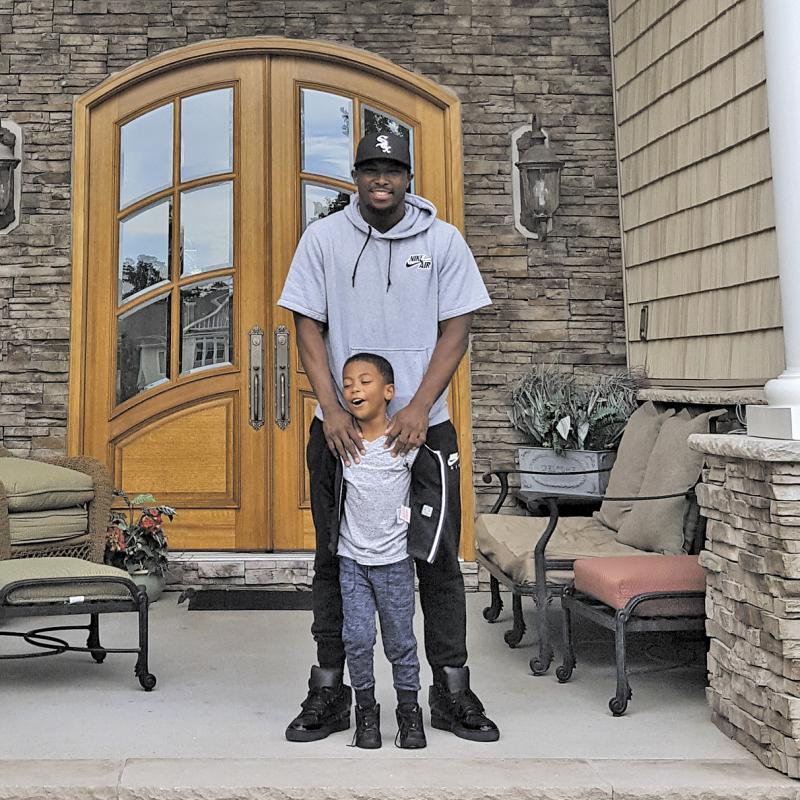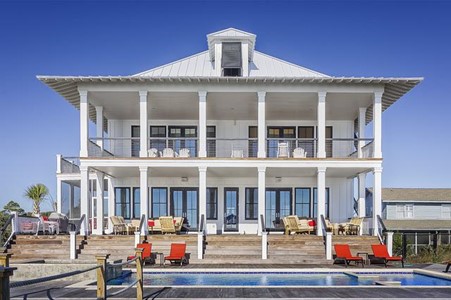National Football League running back LeSean McCoy admitted he had no clue how to handle finances earlier in his career. McCoy didn’t know how to make money from his large NFL paychecks, and saving wasn’t an option, either.
“Now being in my 12th year in the league, looking at all the investments I’ve made from the good to the bad, I think I’ve learned,” McCoy told CNBC.

It’s National Financial Literacy Month, and McCoy says he’s more motivated to further “generate finances not only for myself but also for my family.”
Months after getting his second Super Bowl ring, as McCoy was on the Tampa Bay Buccaneers roster, the 32-year-old player is using the offseason downtime to finish real estate developments. McCoy and his brother LeRon operate real estate firm Vice Capital. With McCoy’s playing days almost over, he’s using the real estate investment route to continue building wealth post-NFL.

“We’re still starting up, but that is the main goal,” said LeSean. He added another mission is to help NFL players learn “how to make money other than just playing football.”
Vice Capital invests in distressed properties in lower-income communities, renovating buildings to create new housing units and commercial space.

The McCoy brothers use opportunity zones to develop some properties. The areas were created as part of the federal Tax Cuts and Jobs Act of 2017 and provide developers capital gains tax incentives. They’re designed to direct investment to under-developed sections of cities and help increase neighborhood values without triggering a rise in rent that would drive residents out of the rebuilt communities.
LeSean’s brother told him about the zones in 2017. But LeSean said he was skeptical when he learned the legislation was passed under President Donald Trump’s administration. “Who is this really for?” he asked his brother.
Before it became official, the legislation was supported by U.S. senators including Sen. Cory Booker, (D-NJ) and Sen. Tim Scott, (R-SC). After researching legislation and identifying the tax exemptions, LeSean determined it was a “win-win.”
“And on the other side, as a humanitarian, you’re able to affect certain communities that need that change,” added LeRon. “Those are usually inner-city areas.”
Former NBA player David Robinson also uses opportunity zones for development.
The McCoy brothers have 60 properties, some of which operate under Vice, including buildings in hometown of Harrisburg, Pennsylvania, and in Philadelphia and where he played with the Eagles for six seasons.
“We want to build that empire in real estate,” LeSean said.

All about trust
LeRon played in the NFL for the 2005 season with the Arizona Cardinals. LeSean played 12 seasons, was selected to six Pro Bowls, and was on the Kansas City Chiefs team that won Super Bowl LIV. LeSean has made $63 million in his career, according to Spotrac.
LeSean asked his brother to help operate Vice, which he launched in 2018, while he maintained his NFL career.
“The hard part for players is trusting,” LeSean said. “My brother is a guy that I trust like no other, so that’s probably why it works so well with real estate. He’s constantly teaching me.”
During Covid-19, LeSean trusted LeRon to handle losses accumulated for the firm, as construction was halted and residents occupying units had eviction protection. LeRon didn’t disclose financials to CNBC but said Vice’s losses were less than $2 million.
“We’re brothers, but he would fire me,” LeRon joked. “The biggest loss that I can pinpoint isn’t dollars but the opportunity.”
Before the pandemic, LeRon said Vice Capital was in negotiations to purchase a property near La Salle University in Philadelphia’s Germantown neighborhood. The property decreased in value, but when Covid-19 spiked real estate prices, the owner took it off the market then relisted it at double the previous price, putting it out of Vice’s range.
LeRon said the pandemic “put a strain on things” as materials like lumber have soared, increasing construction costs. “But I would also say it’s made the seller’s market more magnified,” he added. “Interest levels are cheap, and everyone wants to buy.”
It’s here that LeSean is trusting his brother again. LeSean’s in favor of selling some properties with prices high in a red hot real estate market. LeRon is against the idea.
“Sometimes we agree on things, and sometimes we don’t,” LeSean added. “But the good thing about our bond is that I can trust him with business.”
The McCoy brothers can’t unload the Opportunity Zone properties, though. Investors get tax breaks on their capital gains if they leave their money in a selected community for at least 10 years.






